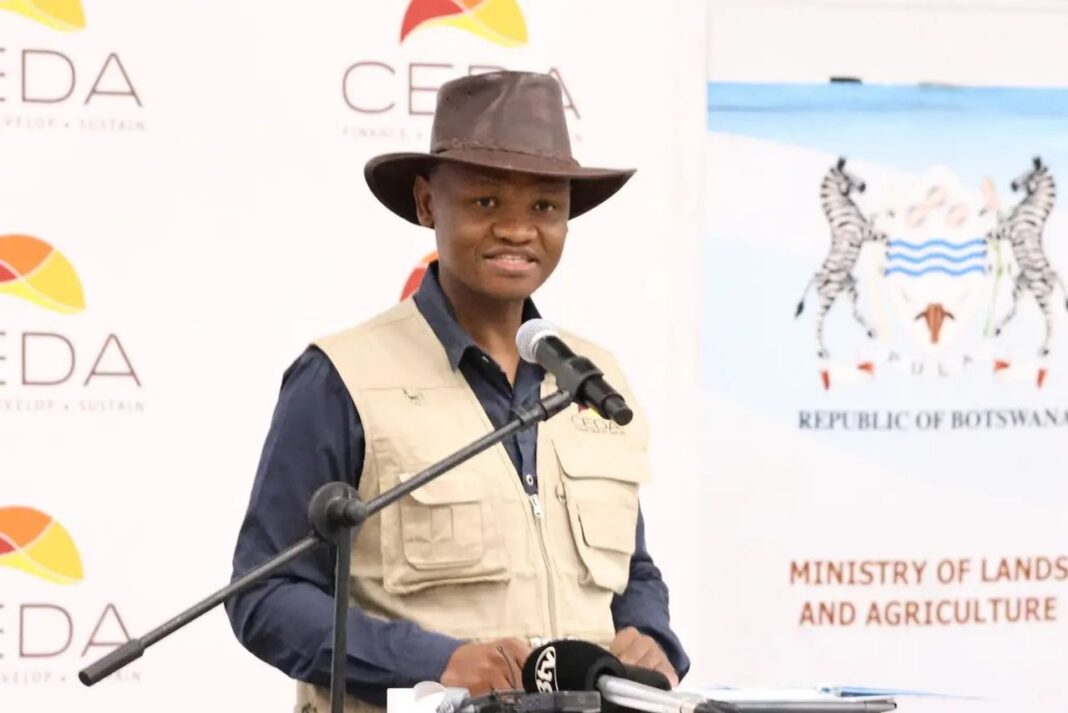As the global leader in megafauna conservation, proudly hosting the most significant African elephant population, Botswana is taking decisive action to manage the dual challenges of poaching and human-wildlife conflict. President Boko announced that a National Anti-Poaching Strategy has been developed, and the Wildlife Conservation and National Parks Act was amended “to empower officers with appropriate arms to combat militarised poaching syndicates.” This defensive posture is balanced by the recently launched National Human-Wildlife Conflict Strategy and Action Plan (2025-2030), a holistic framework to safeguard rural livelihoods and promote peaceful coexistence.
In a move set to reshape the wildlife economy and empower citizens, the government has enacted a new Community-Based Natural Resources Management (CBNRM) law that “decentralises resource management, reinforces governance, and enhances community beneficiation.” This is crucial as the government prepares to engage with international partners at the upcoming CITES COP 20, where Botswana will advocate for the resolutions of the 2024 African Elephant Dialogue, specifically calling for the removal of restrictive measures on the trade in live elephants. The nation remains resolute in its commitment to the sustainable utilisation of wildlife resources, arguing that “responsible, regulated trade, anchored in sustainability, scientific evidence, and community benefit, is essential to the long-term viability of our wildlife economy.”
The President also addressed broader security concerns, noting an 8.2% overall crime decrease in 2024 compared to 2023, yet acknowledging the persistence of high levels of violence. Specifically, the Botswana Police Service recorded 14,020 Gender-Based Violence (GBV) cases in 2024, with 4,468 of these crimes committed against children below 18 years. To address this threat, the government is reviewing the National Strategy Towards Ending GBV and establishing GBV One-Stop-Service Centres for comprehensive survivor services.



